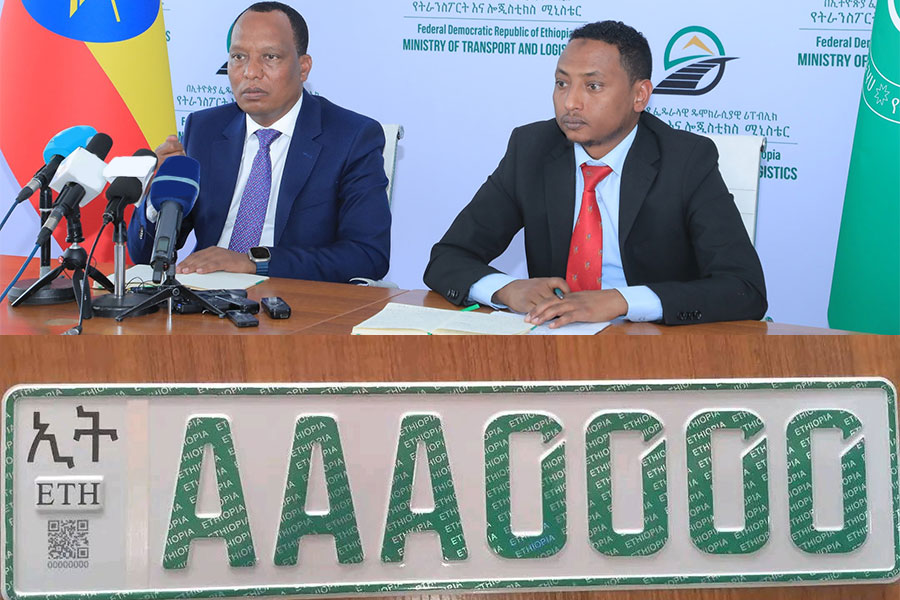
Jul 7 , 2024
By Linguere M. Mbaye
Political instability, human rights violations, and limited job prospects are driving a growing number of young Africans to seek a better life abroad, both within and outside the continent. To reduce irregular migration, it is crucial to provide potential migrants with opportunities to improve their lives at home.
Irregular migration from Africa has been a growing concern since the mid-2000s and continues to dominate news headlines. According to the International Organization for Migration (IOM), 40,868 migrants attempted the dangerous journey from West Africa to the Canary Islands in 2023. Of these, 39,910 reached their destination, more than double the number recorded in 2022.
The resurgence of irregular migration, particularly from West Africa and other parts of Africa, underscores the urgent need to understand and address its root causes. While most African migration occurs within the continent, the increasing trend of irregular migration to Europe is characterised by severe human rights violations, significant loss of life, and economic inefficiencies in migrants’ home countries, as well as in transit and destination countries.
Political instability, macroeconomic shocks, violent conflict, and a lack of opportunity often fuel migration pressures. In recent years, these issues have been compounded by climate change, which has exacerbated food and water insecurity and destroyed lives and livelihoods. With rising debts squeezing African governments’ already-strained budgets and undermining poverty-reduction efforts, many Africans risk perilous journeys in search of a better life abroad.
Tackling irregular migration requires creating conditions for a fulfilling life in Africa. Empowering young Africans, in particular, is critical to reducing irregular migration. In many African societies, success is often associated with relatives who have migrated, leaving those who stay behind feeling marginalised. Despite the risks, this form of “social death” drives more people to migrate.
But, while irregular migration flows from Africa to Europe continue, a growing number of young diaspora Africans are returning to the continent, viewing it as a land of opportunity and showing that migration, if well-managed, can be beneficial. By tapping into the diaspora’s great potential, young Africans can gain money, skills, knowledge, and experience, which they can bring back and invest in their communities. This promotes economic and social development, helping to redefine success within potential migrants’ home countries.
Improving young people’s job prospects is crucial to restoring hope. A 2019 policy research document by the African Development Bank (AfDB) estimates that to accommodate its growing population and keep unemployment rates from rising, Africa would need to add nearly 1.7 million jobs per month until 2063.
With 70pc of its population under 30, sub-Saharan Africa’s demographic dividend represents an immense opportunity, especially as developed economies grapple with ageing populations. But, this opportunity will materialise only if young people have good jobs, adequate social protection systems, and decent living conditions.
Although education systems across Africa have improved, the continent’s young people still suffer from a lack of marketable skills and limited access to financial assets, shortcomings that are exacerbated for young women by gender inequality. At the same time, increased connectivity has made young Africans more aware of opportunities elsewhere, raising their expectations and demands.
Against this background, AfDB’s "Jobs for Youth in Africa Strategy" and "Youth Entrepreneurship Investment Bank (YEIB) Initiative" represent a positive step. Both initiatives aim to create jobs and foster entrepreneurship, providing young Africans the opportunities they need to thrive at home. Investing in young people is a cross-cutting priority of the AfDB’s new 10-Year Strategy.
In addition to seeking economic opportunities, people often migrate in search of social justice and freedom. Young people, who comprise most of Africa’s population, frequently find themselves economically and politically marginalised by older generations. This can generate frustration and social tensions that lead many young Africans to view migration as a form of emancipation.
African countries must ensure that young people's concerns are heard and their ideas, creativity, and experiences are valued. By harnessing younger citizens’ potential to drive positive change, African governments can create vibrant and resilient communities, mitigating the factors that drive irregular migration.
Addressing irregular migration effectively also requires a paradigm shift in how immigration policies are discussed, designed, and implemented. Too often, destination countries devise these policies without considering migrants’ agency and backgrounds. Instead, policymakers should focus on young migrants’ needs and aspirations, ensuring policy debates are grounded in evidence rather than ideologically driven rhetoric.
By bridging the gap between evidence and policymaking, destination and transit countries can ensure that their policies are attuned to migrants’ specific needs, thereby encouraging legal migration pathways and reducing irregular migration pressures.
But, the best way to tackle irregular migration is to provide potential migrants with viable, safe alternatives. African policymakers must focus on expanding the choices available to young people, providing them with the skills and opportunities needed to drive economic growth and sustainable development in Africa. If successful, these policy shifts could transform migration from acts of despair into a deliberate choice that benefits all: migrants, their home countries, and destination countries.
Linguere M. Mbaye is the African Development Bank Group's (AfDB) principal fragility and resilience officer. This article is provided by Project Syndicate (PS).
PUBLISHED ON
Jul 07,2024 [ VOL
25 , NO
1262]

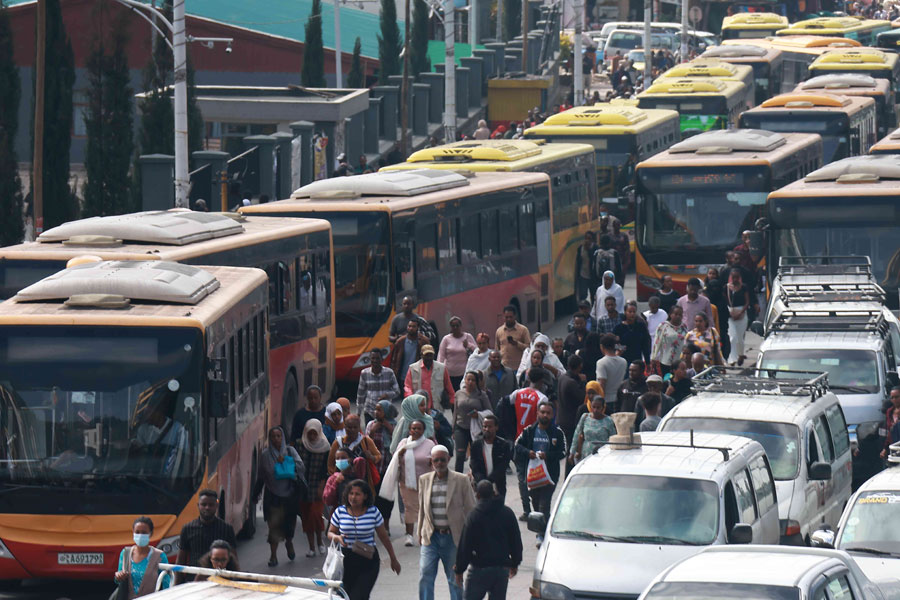
Fortune News | Dec 16,2023

Radar | Aug 01,2020

Radar | Apr 15,2023

Featured | Jun 15,2025

Agenda | Sep 01,2024
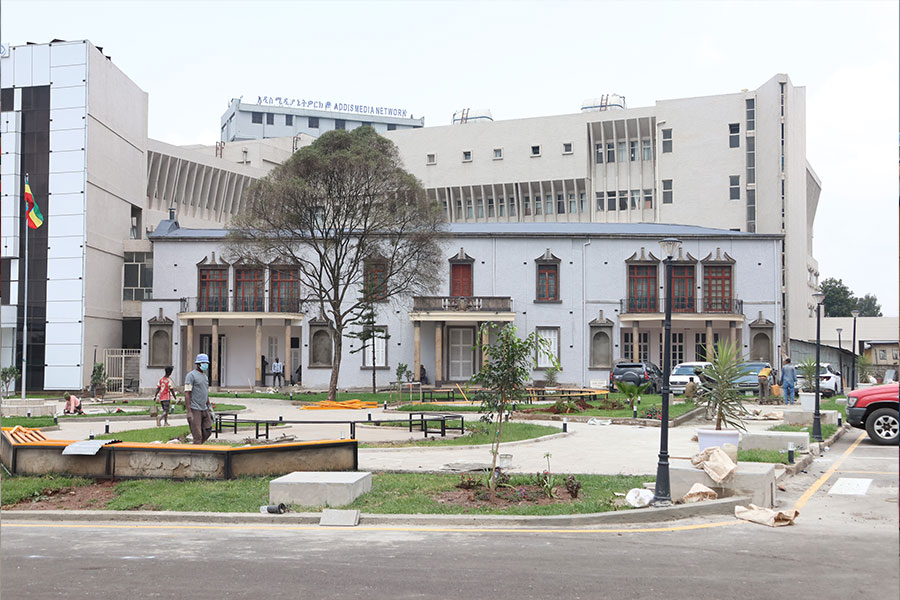
In-Picture | Jul 06,2025
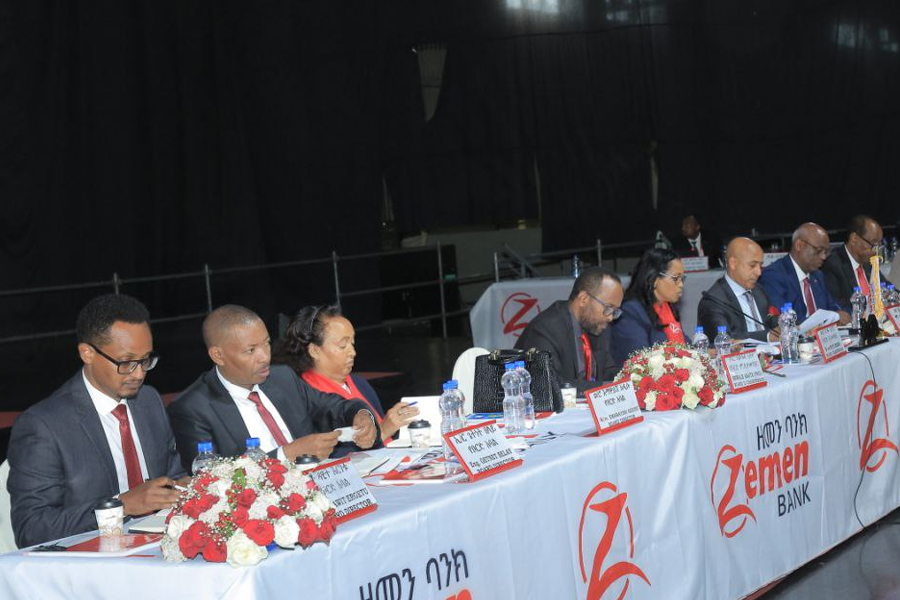
Radar | Oct 19,2024

Commentaries | Jul 12,2025
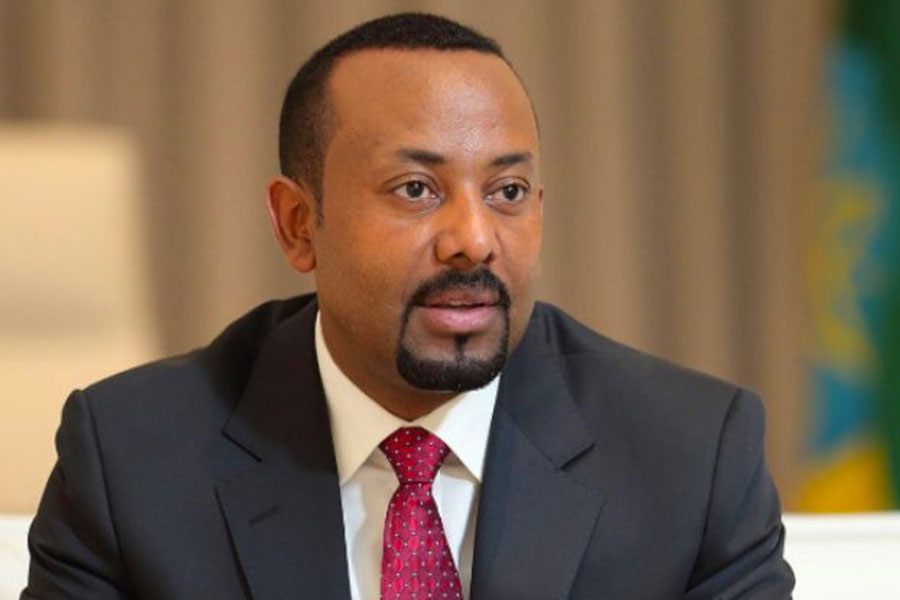
Radar | Sep 05,2022

Delicate Number | Jul 13,2025

Photo Gallery | 171489 Views | May 06,2019

Photo Gallery | 161731 Views | Apr 26,2019

Photo Gallery | 151458 Views | Oct 06,2021

My Opinion | 136298 Views | Aug 14,2021





Dec 22 , 2024 . By TIZITA SHEWAFERAW
Charged with transforming colossal state-owned enterprises into modern and competitiv...

Aug 18 , 2024 . By AKSAH ITALO
Although predictable Yonas Zerihun's job in the ride-hailing service is not immune to...

Jul 28 , 2024 . By TIZITA SHEWAFERAW
Unhabitual, perhaps too many, Samuel Gebreyohannes, 38, used to occasionally enjoy a couple of beers at breakfast. However, he recently swit...

Jul 13 , 2024 . By AKSAH ITALO
Investors who rely on tractors, trucks, and field vehicles for commuting, transporting commodities, and f...

Oct 4 , 2025
Eyob Tekalegn (PhD) had been in the Governor's chair for only weeks when, on Septembe...

Sep 27 , 2025
Four years into an experiment with “shock therapy” in education, the national moo...

Sep 20 , 2025
Getachew Reda's return to the national stage was always going to stir attention. Once...

Sep 13 , 2025
At its launch in Nairobi two years ago, the Africa Climate Summit was billed as the f...

Oct 5 , 2025 . By NAHOM AYELE
In Meqelle, a name long associated with industrial grit and regional pride is undergo...

Oct 5 , 2025 . By BEZAWIT HULUAGER
The federal government is set to roll out a new "motor vehicle circulation tax" in th...

Oct 5 , 2025 . By NAHOM AYELE
The Bank of Abyssinia is wrestling with the loss of a prime plot of land once leased...

Oct 5 , 2025 . By BEZAWIT HULUAGER
The Customs Commission has introduced new tariffs on a wide range of imported goods i...